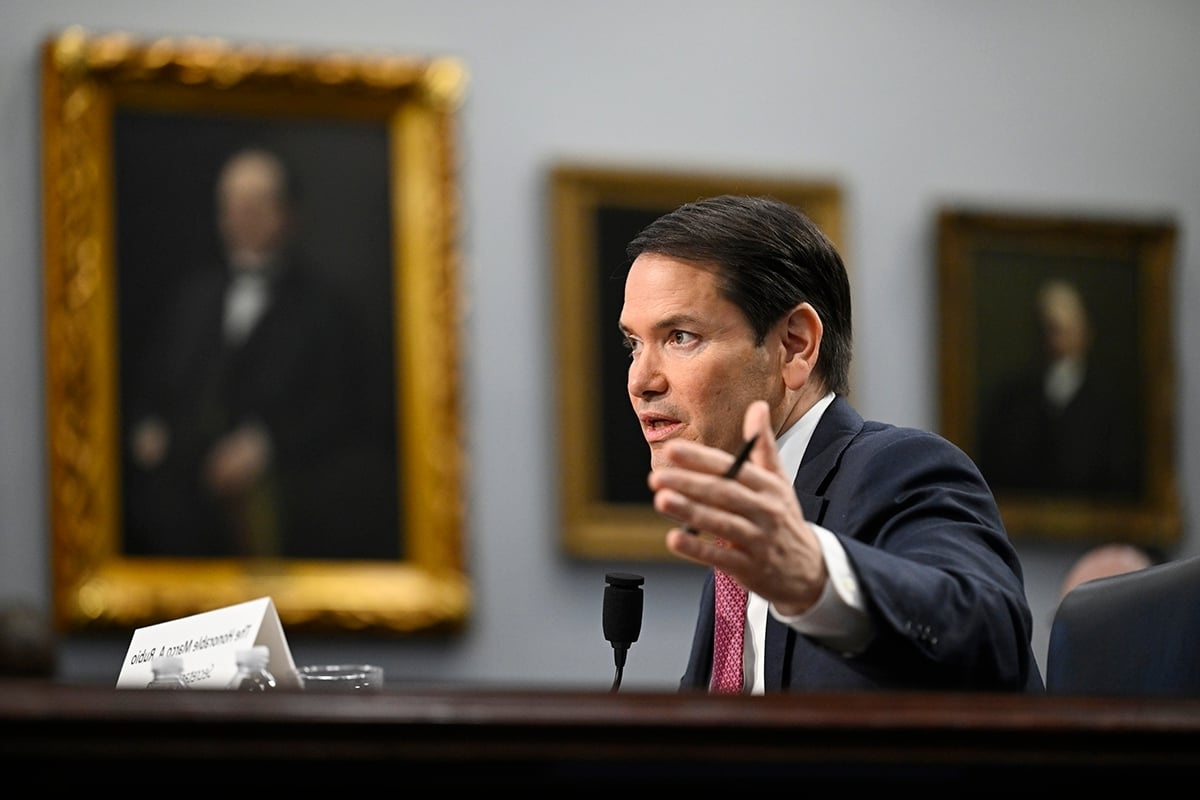
Why did the Fulbright Board members resign? The Fulbright Board, known for overseeing one of the most prestigious international exchange programs, faced a significant shake-up recently. Several members resigned due to disagreements over program direction and governance issues. These resignations have sparked conversations about the future of the Fulbright Program and its mission. Concerns about transparency, decision-making processes, and the handling of diversity and inclusion initiatives were central to their departure. This unexpected move has left many wondering about the potential impacts on the program's operations and its global educational partnerships. Understanding the reasons behind these resignations is crucial for grasping the broader implications for international educational exchanges.
What is the Fulbright Program?
The Fulbright Program is a prestigious educational exchange initiative aimed at increasing mutual understanding between the people of the United States and other countries. Established in 1946, it offers opportunities for students, scholars, and professionals to study, teach, or conduct research abroad.
- The Fulbright Program was created by Senator J. William Fulbright in 1946.
- It operates in over 160 countries worldwide.
- More than 390,000 participants have benefited from the program since its inception.
- The program offers grants for U.S. students, scholars, teachers, and professionals to study abroad.
- It also provides opportunities for non-U.S. citizens to come to the United States.
The Role of the Fulbright Board
The Fulbright Board, officially known as the J. William Fulbright Foreign Scholarship Board, oversees the program's administration, policies, and selection of participants. The board ensures the program's integrity and alignment with its mission.
- The board consists of 12 members appointed by the President of the United States.
- Members serve four-year terms and can be reappointed.
- The board meets quarterly to review policies and select grant recipients.
- It collaborates with the U.S. Department of State and other organizations to implement the program.
- The board plays a crucial role in maintaining the program's high standards and global reputation.
Reasons for Fulbright Board Resignations
Resignations from the Fulbright Board can occur for various reasons, including personal, professional, or political factors. Understanding these reasons helps provide context for the board's dynamics and challenges.
- Personal reasons such as health issues or family commitments can lead to resignations.
- Professional opportunities or conflicts of interest may prompt members to step down.
- Political changes or disagreements with policies can also result in resignations.
- Some members resign to protest decisions or actions taken by the program or government.
- Resignations can impact the board's composition and decision-making processes.
Impact of Resignations on the Fulbright Program
Resignations from the Fulbright Board can have significant implications for the program's operations and effectiveness. These impacts can be both immediate and long-term.
- Resignations can lead to delays in decision-making and grant approvals.
- They may affect the program's ability to maintain consistent policies and standards.
- Frequent resignations can create instability and uncertainty within the board.
- The program may face challenges in finding qualified replacements for resigned members.
- Despite these challenges, the Fulbright Program continues to adapt and thrive, maintaining its mission of fostering international understanding and cooperation.
Final Thoughts on the Fulbright Board Resignation
The Fulbright Board resignation is a significant event with far-reaching implications. Understanding the reasons behind the resignation, the impact on the Fulbright Program, and the broader educational landscape is crucial. This event highlights the importance of transparency, accountability, and adaptability in educational institutions. It also serves as a reminder of the need for strong leadership and clear communication. As we reflect on these facts, it's evident that the Fulbright Program will continue to evolve and adapt to new challenges. The resignation may have caused a stir, but it also opens the door for positive changes and improvements. Keeping informed about such developments helps us appreciate the complexities of educational programs and their governance. Stay curious, stay informed, and keep learning.
Was this page helpful?
Our commitment to delivering trustworthy and engaging content is at the heart of what we do. Each fact on our site is contributed by real users like you, bringing a wealth of diverse insights and information. To ensure the highest standards of accuracy and reliability, our dedicated editors meticulously review each submission. This process guarantees that the facts we share are not only fascinating but also credible. Trust in our commitment to quality and authenticity as you explore and learn with us.
